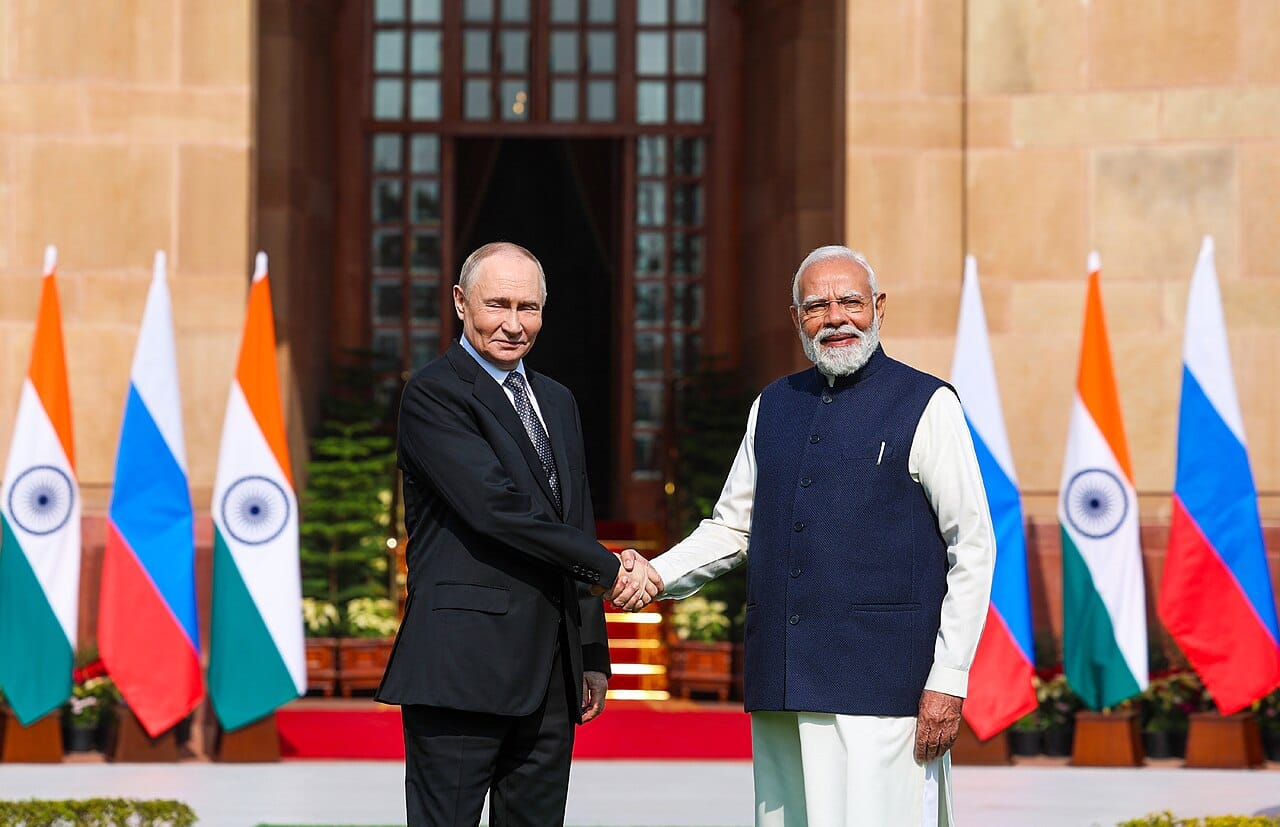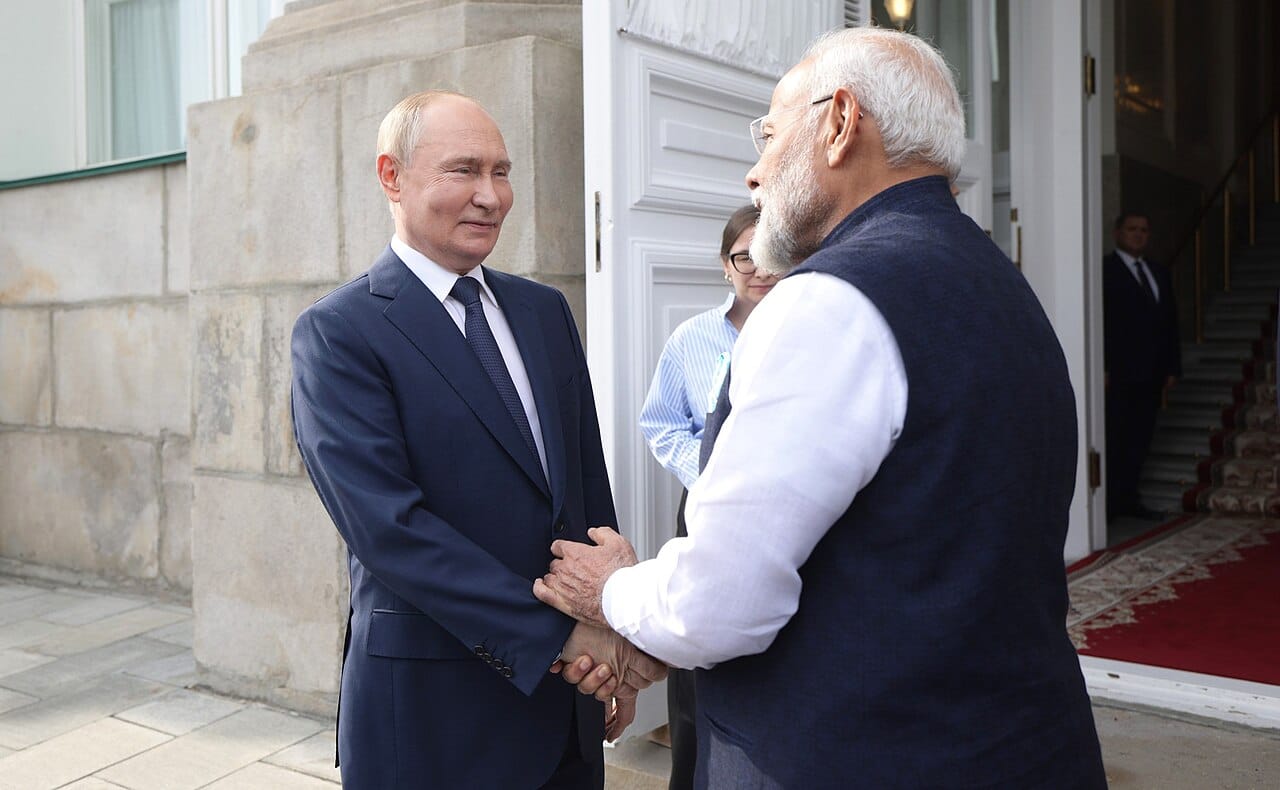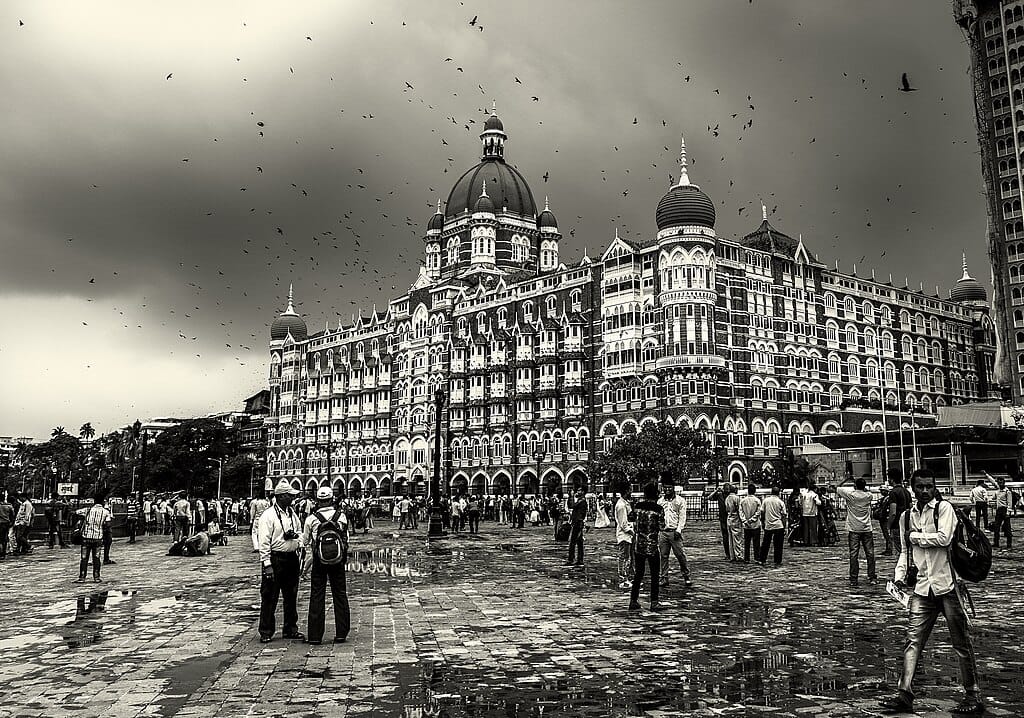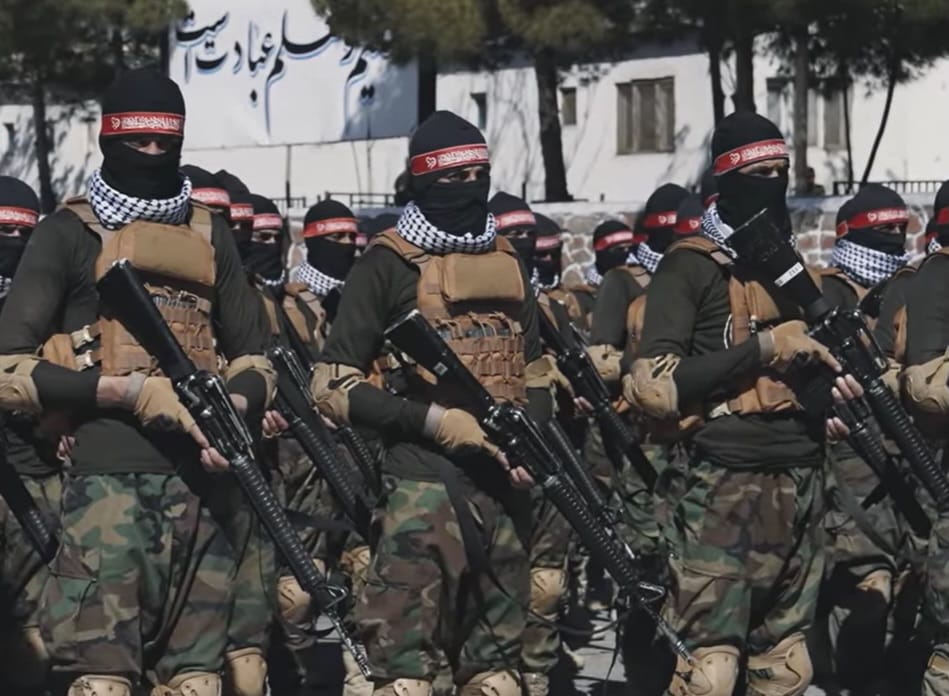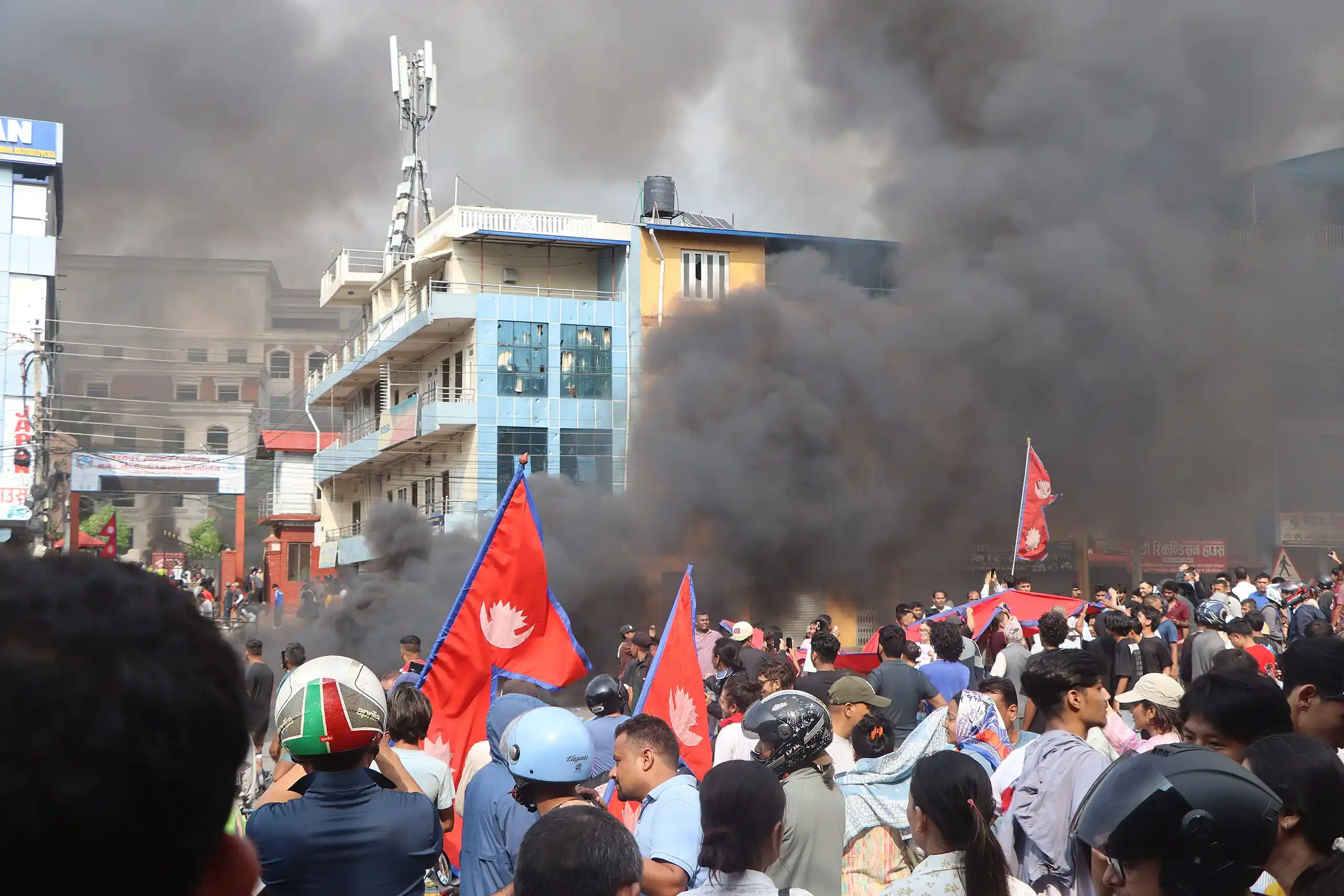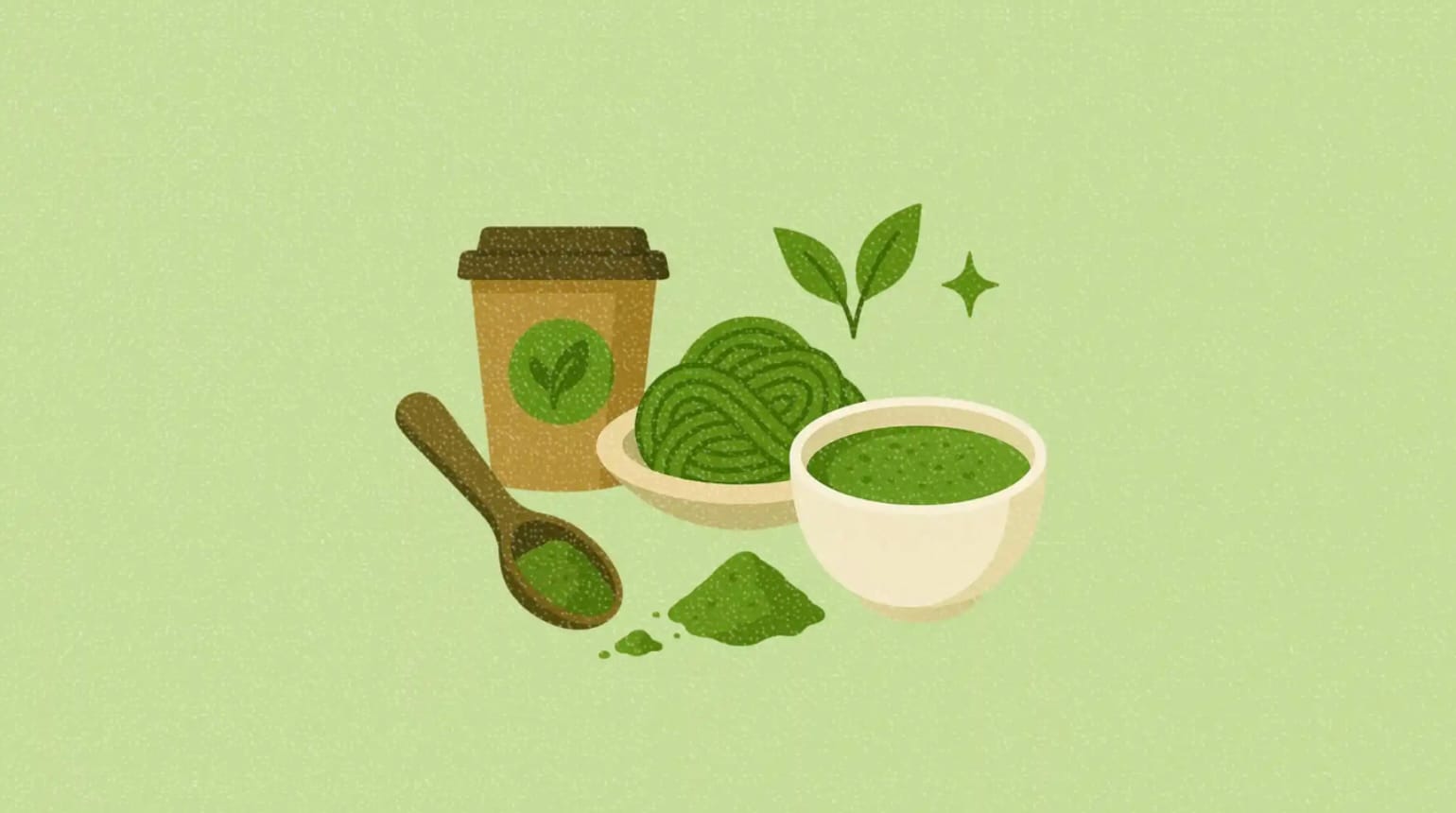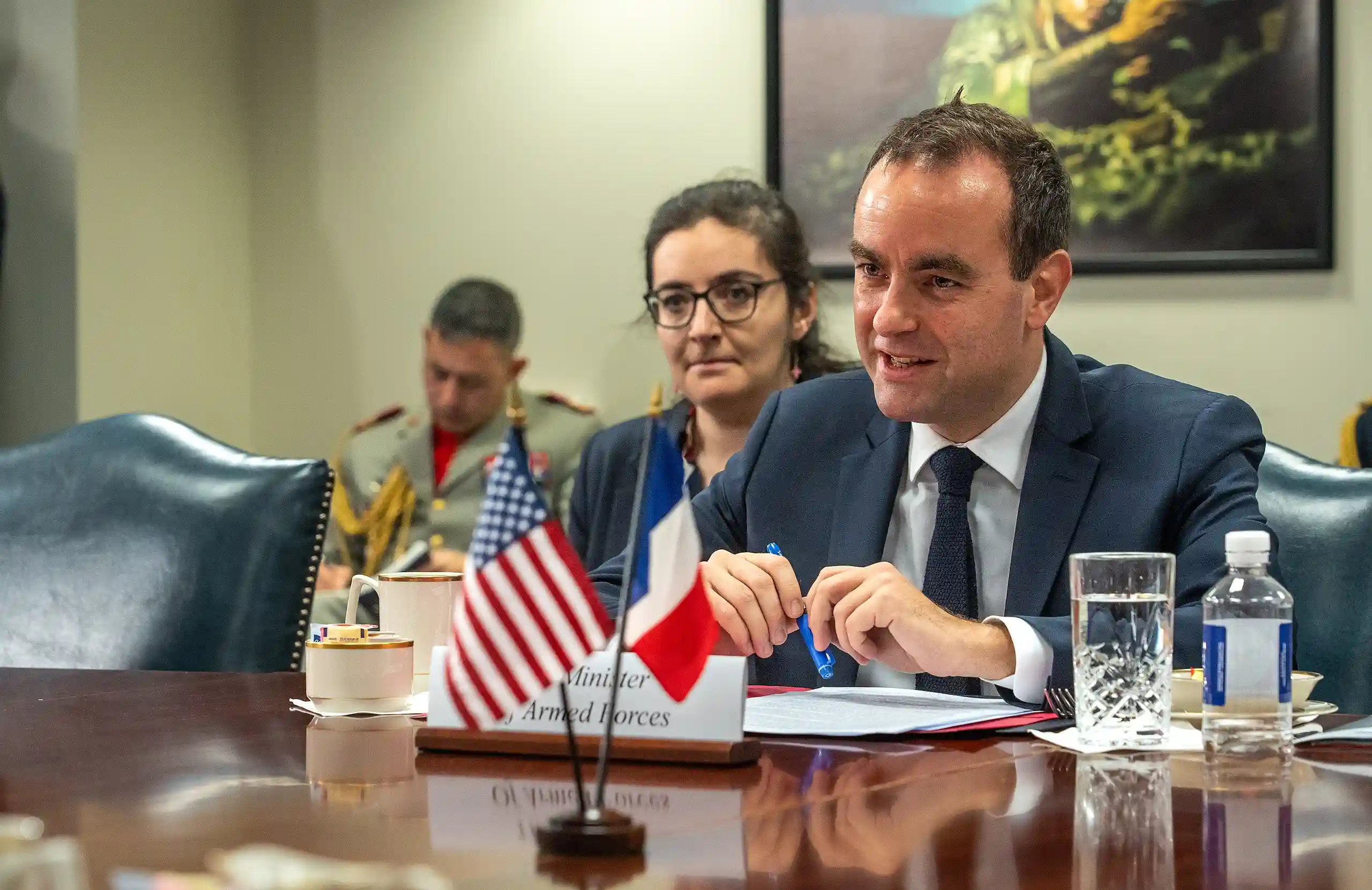The recent two-day visit of Russian President Vladimir Putin to India, culminating in a joint media briefing with Prime Minister Narendra Modi in Delhi, underscored the enduring strength of the India-Russia strategic partnership. This high-profile summit, held against the volatile backdrop of the Ukraine conflict and mounting Western pressure on Delhi, served as a powerful testament to the multifaceted cooperation between the two nations, particularly in energy, trade and defence.
Archives
The Evolving Nexus: A Deep Dive into the 23rd India-Russia Annual Summit
The State Visit of Russian President H.E. Mr. Vladimir Putin to New Delhi on December 4-5, 2025, for the 23rd India-Russia Annual Summit, is not merely a routine diplomatic exchange; it represents a pivotal moment in global diplomacy. This summit, occurring against the backdrop of an intensely volatile geopolitical landscape marked by the lingering impacts of the Ukraine conflict, forces a comprehensive reassessment of the ‘Special and Privileged Strategic Partnership.’ The core dynamic now defining this relationship is a sophisticated act of strategic balancing by India, leveraging Russia’s crucial, albeit redefined, military role against a mushrooming, energy-driven economic dependence.
The 26/11 Attacks and the Unfinished War on Terror
On November 26, 2008, ten young men from Pakistan sailed unnoticed through the dark waters toward India’s financial capital, leaving a trail of violence in their wake. They had already murdered the crew of an Indian fishing trawler, the Kuber, and now they were approaching Mumbai’s coastline in inflatable dinghies. Their landing at two separate locations in Colaba around 8:00-9:00 PM marked the beginning of a sixty-hour siege that would claim 175 lives, injure over 300, and traumatise a nation. As we stand seventeen years removed from those terrifying nights, the trail of 26/11 continue to shape geopolitics, counter-terrorism strategies, and the lives of survivors in ways both profound and disturbing.
Nigeria’s Enduring Crisis and the World’s Difficult Choice
A social media post from a world leader can sometimes bring attention to a forgotten crisis. In late 2025, President Donald Trump did just that, threatening to cut off all aid and enter Nigeria “guns-a-blazing” if the government continued to “allow the killing of Christians.” The post created a significant shift in international diplomacy, forcing a complex conflict in West Africa onto the global stage. It framed the crisis in stark moral terms: a religious genocide calling for Western intervention. However, the reality in Nigeria is far more complicated, rooted in a history of deep religious and ethnic divisions.
The Caribbean Powder Keg: A Formula for an Unwanted War
Global attention is fixed on the tense standoff between the US and Venezuela, marked by military posturing and combative language. This situation does not resemble a conventional war; rather, it is a precarious confrontation that could escalate into widespread conflict with a single misstep. The Trump administration has deployed an impressive naval fleet to the Caribbean – a collection of destroyers and amphibious assault vessels executing operations against ships labeled as drug traffickers. Officially aimed at addressing narcotics issues, the real motivation appears to be a high-stakes geopolitical manoeuvre that threatens to unsettle Latin America and involve foreign powers.
Has a New Afghan War Begun?
The fragile peace along the Pakistan-Afghanistan frontier has once again collapsed. Destructive cross-frontier shelling in the last week has killed several dozen persons, shelled civilians’ enclaves, and closed border crossing points. What once appeared to most a smouldering controversy regarding militant safe havens has ballooned into military strikes that risk destabilising a troubled region. The controversy is over long-disputed territory: the Durand Line. Pakistan has blamed Afghanistan again under Taliban rule for hosting Tehreek-e-Taliban Pakistan (TTP) militants that stage attacks inside Pakistan.
Unhappy Leave: The Radical Idea that could Redefine Work-Life Balance in India
For decades, Indian employees have powered through stress, anxiety, and burnout under the weight of a culture that glorifies overwork. But a quiet revolution may be on the horizon, inspired by a daring experiment in China. Earlier this year, South China Morning Post reported that Pang Dong Lai, a retail company in Henan, introduced “Unhappy Leave”—10 days off per year, no explanations required, simply because employees didn’t feel happy enough to work. The news, also covered by Money control and Business Standard, sparked a global debate about the future of humane work policies.
Nepal’s Political Unrest: GenZ Protests and Political Awakening
Nepal, under the shadow of the Himalayas, has witnessed its greatest political upheaval since it became a federal democratic republic in 2008. The September 2025 protests, which were organised by Generation Z activists in large majority, compelled Prime Minister K.P. Sharma Oli to step down from office and initiated a complicated process of government reconstruction. This sudden twist of events is something more than the traditional political crisis: it marks a deep generational change in Nepalese society and politics.
Not Louder Ads, but Fresher Connections: The Matcha Effect is India’s New Branding Mantra
The production of matcha tea has historically represented a commitment to authenticity and meticulousness in Kyoto. In the crowded digital landscape of India, professionals are keenly searching for that ideal blend of innovation, energy, and trustworthiness. Every company is competing for a limited chance in the smartphone screen market, ranging from beauty brands to food delivery apps. Traditional marketing approaches often struggle to keep pace in this competitive landscape. Introducing the Matcha Effect Model, an innovative framework designed to transform conventional brand development tactics for today’s digital landscape.
France’s Leadership Crisis: What Comes Next?
France’s political elite were shaken this week when Prime Minister François Bayrou was removed after losing a no-confidence motion in the National Assembly. The failure comes in a series of government collapses during the Macron era, reinforcing how precarious executive power has become in a parliament divided along ideological fault lines. Acting quickly, President Emmanuel Macron appointed Defense Minister Sébastien Lecornu as the new prime minister today — a gesture aimed at conveying competence and continuity at a time when the presidency is in danger of looking stuck.
